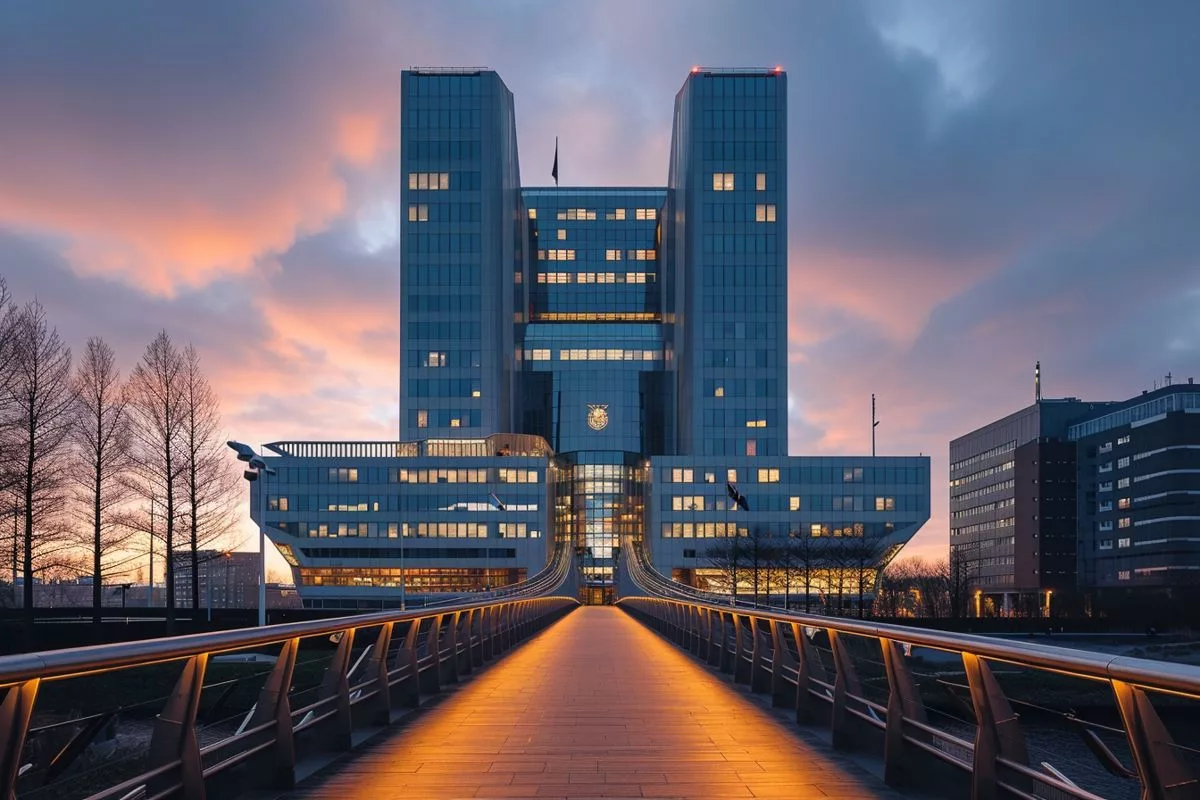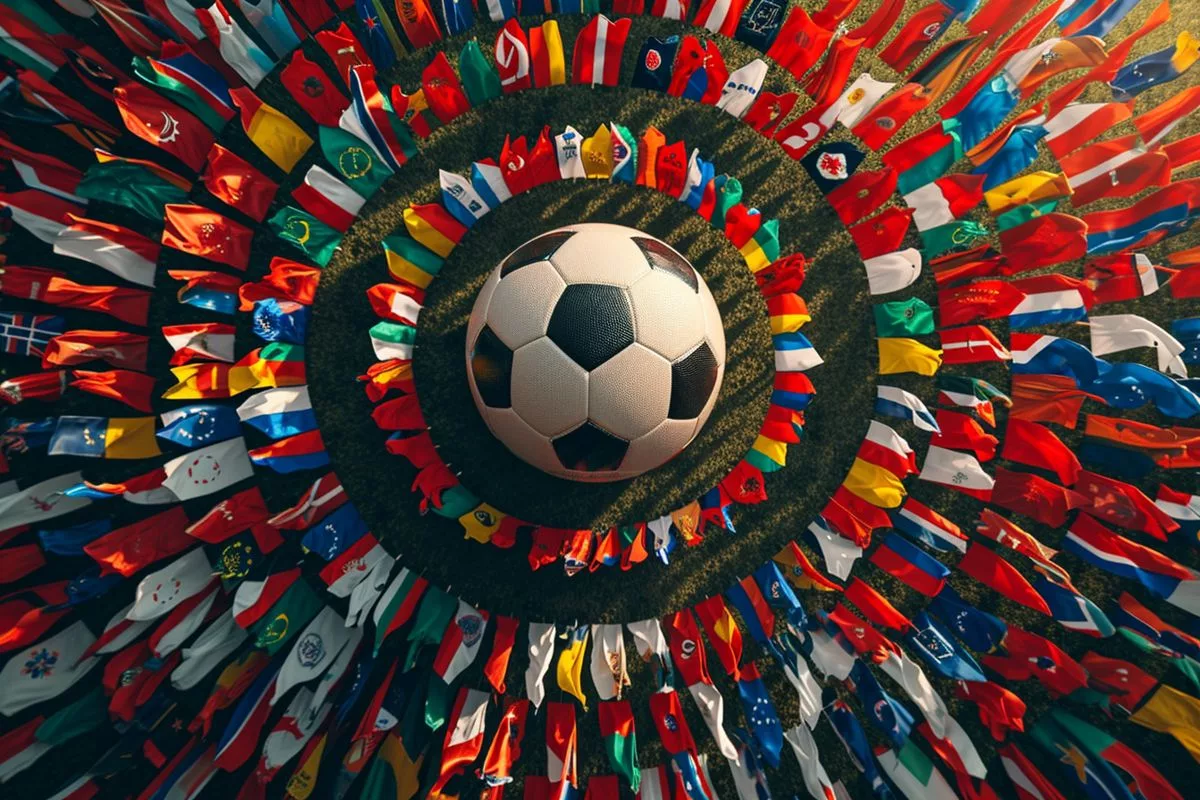A legal battle between South Africa and Israel is unfolding at the International Court of Justice (ICJ), with South Africa accusing Israel of committing genocide. The case has sparked worldwide attention and debates about international relations and human rights activism. While opinions on the case are varied, the ICJ’s ruling will shape the norms for international diplomacy, and the outcome remains uncertain.
The International Court of Justice (ICJ) is currently the epicenter of a legal drama between South Africa and Israel, drawing worldwide attention and sparking international discourse. Beyond a mere lawsuit, this case highlights the ever-changing dynamics of international relations and human rights activism.
South Africa vs. Israel: A Battle before the ICJ
South Africa, a staunch advocate for human rights following the end of apartheid, has accused Israel of committing genocide, citing similarities with its own past transgressions. While details of the lawsuit are yet to be publicly disclosed, the case has the potential to set a precedent, giving international jurisdictions a new perspective on evaluating state conduct.
A World Divided: Reactions to the Case
Opinions on the case are varied, with viewpoints from different sources, including legal experts and news outlets like The Grayzone. Some are supporting South Africa’s evidence against Israel, while others question the legitimacy of the trial or the potential prejudice of the Court. Clips from the hearings are being widely shared, despite streaming issues, as the public struggles to comprehend the complexities of the case.
Noteworthy Participation and Diplomatic Tightrope
South African advocate Adila Hassim’s involvement in the legal team has gained global recognition, exemplifying South Africa’s legal prowess. The carefully measured statements coming from Germany, Canada, and the United States display diplomatic tightrope walking, weighing the role of the ICJ and the intricacies of the allegations.
The Uncertain Future of the ICJ Ruling
The outcome of the ICJ remains uncertain, but the court’s meticulous and comprehensive proceedings demand patience, while both parties’ supporters clamor for justice. Regardless of the verdict, the case has already stimulated a worldwide debate on the significance of international law in resolving conflicts and enforcing human rights.
The Impact on International Diplomacy
Ultimately, the ICJ’s ruling, whether advisory or compulsory, will shape the norms that steer our international community towards justice and peace. The scales of justice at The Hague are swaying in suspense, as the world watches with bated breath.
1. What is the legal battle between South Africa and Israel about?
South Africa is accusing Israel of committing genocide, citing similarities with its own past transgressions.
2. What is the potential impact of the lawsuit?
The case has the potential to set a precedent, giving international jurisdictions a new perspective on evaluating state conduct.
3. How are people reacting to the case?
Opinions on the case are varied, with viewpoints from different sources, including legal experts and news outlets. Some are supporting South Africa’s evidence against Israel, while others question the legitimacy of the trial or the potential prejudice of the Court.
4. Who is participating in the legal battle?
South African advocate Adila Hassim’s involvement in the legal team has gained global recognition, exemplifying South Africa’s legal prowess. The carefully measured statements coming from Germany, Canada, and the United States display diplomatic tightrope walking, weighing the role of the ICJ and the intricacies of the allegations.
5. What is the potential impact on international diplomacy?
The ICJ’s ruling, whether advisory or compulsory, will shape the norms that steer our international community towards justice and peace. The case has already stimulated a worldwide debate on the significance of international law in resolving conflicts and enforcing human rights.












